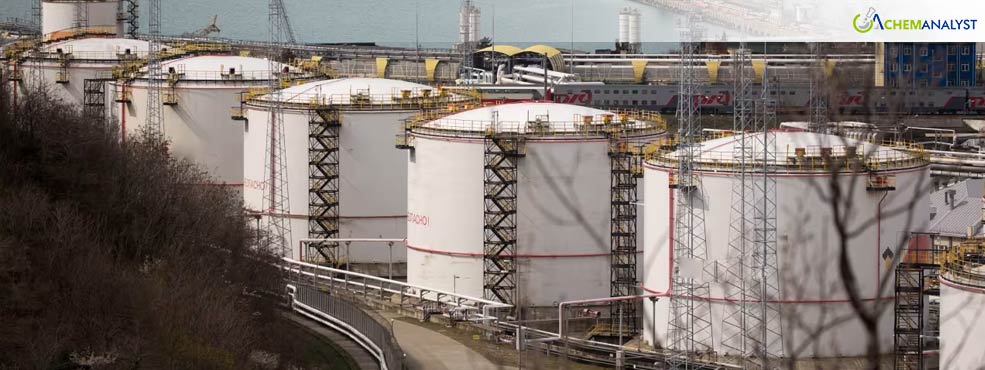Welcome To ChemAnalyst

In a move that could significantly reshape the global energy landscape and provide a crucial boost to Russia's war effort in Ukraine, the Kremlin is reportedly considering a merger of its three largest oil companies: Rosneft, Gazprom Neft, and Lukoil. Notably, all three companies are currently facing US sanctions.
According to The Wall Street Journal, talks of the merger between govt officials and company executives are ongoing since a couple of months. If successful, the combined entity would become the world's second-largest oil producer after Saudi Aramco. It would dwarf major players like Exxon Mobil, producing nearly three times the amount of oil. The proponents of the merger believe that consolidating oil production of the three companies could make significantly more money, especially if Lukoil's trading arm in Dubai, Litasco is used for trading.
This consolidation would give Russia increased leverage in global energy markets, enabling it to potentially dictate prices and influence geopolitical dynamics.
This merger would position Russia to better navigate the global oil and gas market financially, especially in the wake of numerous US sanctions. This new company would navigate the restrictions swiftly and more resiliently. Additionally, creating an oil and gas giant would enable Russia to milk more money from Asian countries like India and China.
This merger serves another crucial purpose for Russia- generating revenue for wartime. Oil and gas sector is the cornerstone of Russia’s economy, bringing in almost a third of the revenue. This fuels the government’s wartime activities to a vast extent. A consolidated oil industry would generate a sizeable fund bank to support its ongoing war against Ukraine.
Although the merger is a rich proposition for Russia, it has met with significant resistance from the companies. Executives at Rosneft and Lukoil are not too happy with the merger. There is also the question of gathering a sizeable investment to pay off Lukoil’s shareholders. Even if the investment is accrued, the combined entity would still remain subject to Western sanctions. This would limit its ability to operate globally and access financing.
The global oil market is currently very volatile- especially after Trump’s victory as the US president. Another factor is China’s economic slowdown and adoption of increased renewable energy has left a huge impact on oil demand globally.
While the Kremlin's ambitions are clear, the ultimate success of the proposed merger remains uncertain. The geopolitical landscape, economic conditions, and internal company dynamics will all play a crucial role in determining the outcome of this high-stakes endeavor.
As the world watches, the potential implications of this merger extend far beyond Russia's borders, with the potential to reshape the global energy order and impact the course of the ongoing conflict in Ukraine.
We use cookies to deliver the best possible experience on our website. To learn more, visit our Privacy Policy. By continuing to use this site or by closing this box, you consent to our use of cookies. More info.
